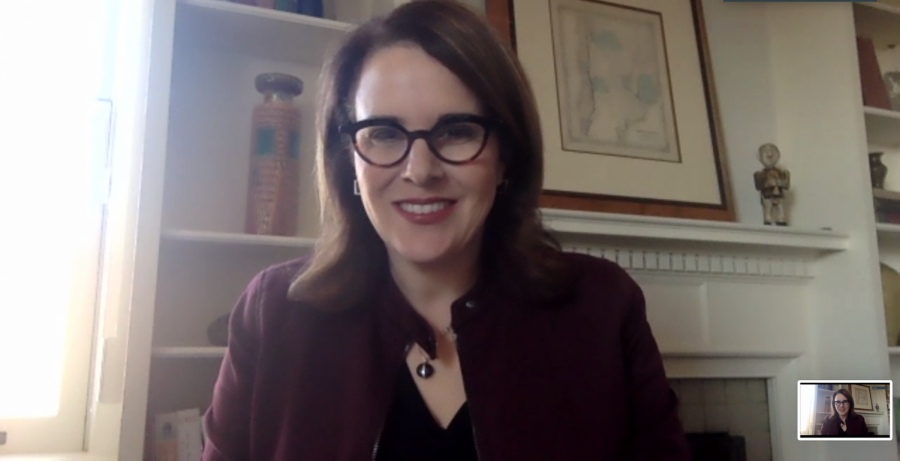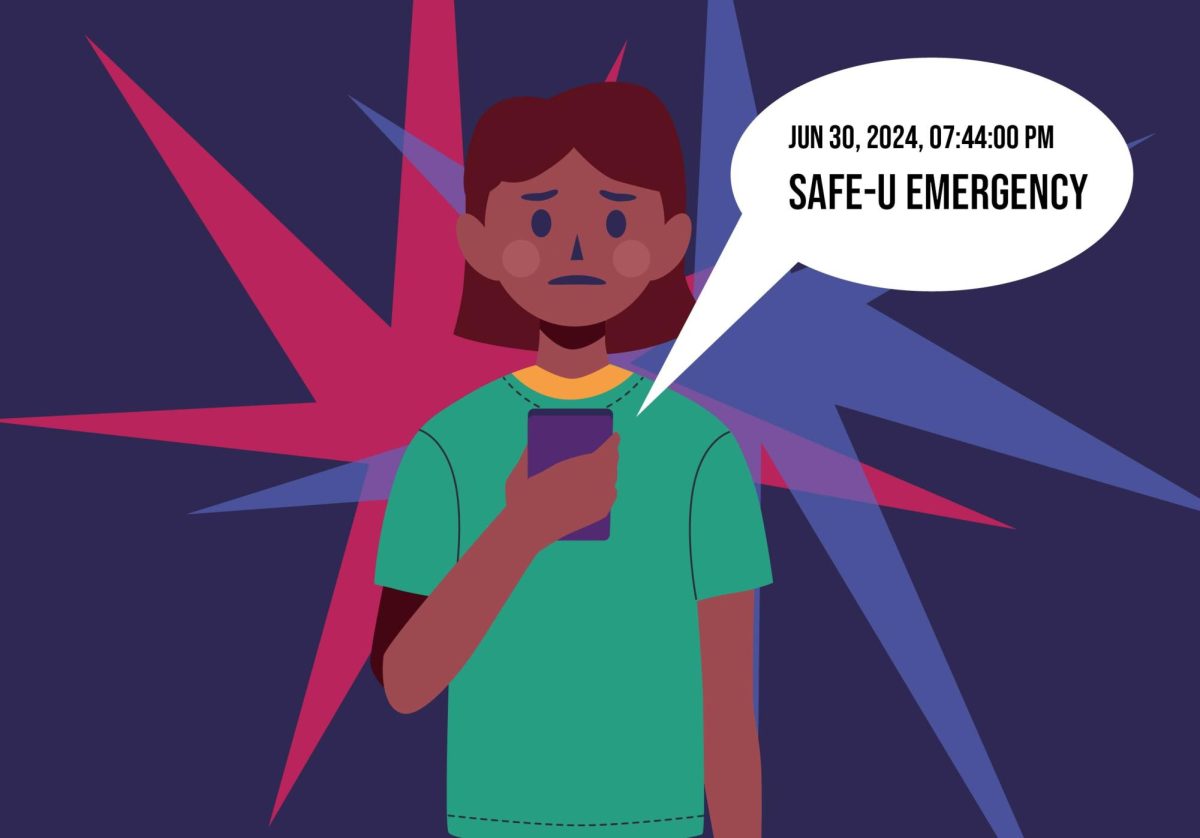In an interview with the Minnesota Daily, University of Minnesota President Joan Gabel weighed in on the budget deficit, body cameras for campus police and the distribution of the COVID-19 vaccine on campus.
Gabel also commented on a proposed tuition reimbursement bill and reflected on the lessons learned over the semester.
In the past several days, COVID-19 vaccinations have begun to be administered to people in populations at the highest risk. How is the University preparing for the eventual distribution of the vaccine to members of the University community? How will the University support this process?
The same team that handles the H1N1 and handles the flu vaccine every year is doing the planning now for the COVID vaccine. There’s some guidance on the tiering of who gets [the vaccine] first and we know it’s for the highest risk people now. As we get into the more general population, which most of us are fortunate to be in, we’ll get more and more guidance on the tiering, but in the meantime they’re already working on the distribution, the staffing, the extent to which we need refrigeration or deep freeze, how we’ll do the communication. All of that is being handled by the same team and they’ve done it before — not to this scale — but they’ve done it before.
The Minnesota Student Association recently passed a bill asking for a 3.3% tuition reimbursement for students as a result of one-third of the semester being completely online, though the University stated there are no plans to issue a reimbursement. Why is this proposal not being considered at the moment?
We knew that the semester would not be typical, and we froze tuition to reflect that. That was the compensation for the atypical semester, and the [Board of Regents] can make their own decision, but that was the meeting students in the middle that the administration did. It costs just as much to teach online, and there’s no history of our campus charging less for online classes. In fact, most of our online classes from before the pandemic cost more. So the course being online does not change the cost of the course, and the fact that the overall campus experience was altered is reflected in the tuition freeze.
As part of measures recently introduced at the Board of Regents meeting as part of the Systemwide Strategic Plan, one specific goal included creating a tuition free program for students’ families making less than $50,000 a year. What should students and parents know about this proposal? What steps need to be taken to make this a reality?
Students and parents should know that this is part of an overall process intended to make college more affordable for all of our students. We are starting with those with the highest need. That’s not the end of the story, and it’s not like a student whose family makes $50,001 gets no help at all. This is just the beginning of what is a sliding scale of support, much of which already exists. We started $50,000, because it’s a launching off point.
It’s not like one student is paying for another student’s opportunity, which I think was part of the misunderstanding. Once we get [families making $50,000 or less a year] supported, our intention is to keep going. So, it’s not like we go there, check a box and stop; this is a measure of a broader strategy that college should be affordable and debt should come down.
Administration recently proposed taking on an $80 million dollar loan to help cover the $166 million budget shortfall. What are your thoughts on this approach to managing the budget shortfall?
I actually think it’s a very reasonable part of the overall portfolio of steps that we’re taking. So, we’re not borrowing the entire amount, we are tightening our belts to get at most of the problem. But a lot of the budget shortfall comes from what we would call internally auxiliary units [Gopher Athletics, housing and dining], and auxiliary units are units that generate revenue to cover their own budget. The one everyone is talking about is athletics. … They generate revenue and then cover their own budget. Because of the cancellation of March Madness and of course everything that’s happened with fall sports, their revenue was very abruptly and deeply affected, but it should return. For them to take a loan on their own that they pay back from their revenue, this is not money coming out of the University to pay for athletics. This is the university helping athletics borrow their own money to cover their shortfall.
At the Board of Regents meeting held last week, UMPD Police Chief Matt Clark discussed the need and desire for body cameras for UMPD officers. What are your thoughts on this request? Will we see these implemented anytime in the near future?
I support the request, we have to work through the budget on it. It’s not a huge amount of money, but it’s money that we did not have budgeted. In these times, we’re very conscientious about every penny, but I don’t see why we wouldn’t be able to do it. If not in this semester, then as we go through the budget cycle over the summer.
It’s important to note [Clark has] been asking for [body cameras] since before I was president. The urgency didn’t have it percolate up through the budget the way it is now.
Reflecting on the past semester, is there anything you feel you’ve “gotten wrong” and what have you learned from it?
I don’t want to call this a mistake, because I do think it was the right thing to do, but I know that the delays at the very beginning of the semester and the suddenness of that were very disruptive. What I wish is that we could have seen that coming sooner, so that it wouldn’t have been so sudden. I know, having moved a child in and having had the date changed, how disruptive and just upsetting that was. I would call it a point of sadness, more than a mistake. But it’s still something that we’re thinking about a lot as we plan for the spring semester.
Based on what you’ve learned throughout fall semester, is there anything the University or administration plans to do or approach differently in the spring?
One of the biggest areas of discussion during the fall was the testing and a lot of difference of opinion and even amongst the deepest scientists about what is the best way to have a testing program on a campus. There were many people that disagreed with our approach, but it was one of the approaches that was scientifically recommended, and we followed it and we stayed consistent with it. We think it went well under the circumstances, but part of the reason that was the approach at the time was because the availability of tests was very low. … Tests are much more widely available now. By the time we restart for spring, we would expect our testing protocols to be different and for testing to be more and more available, easier and easier to get at.


























